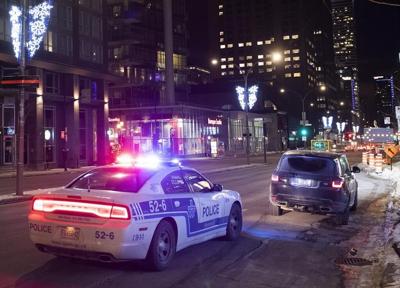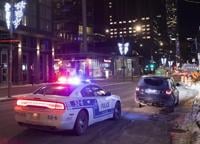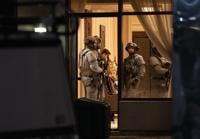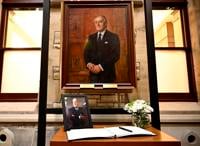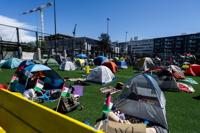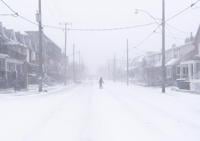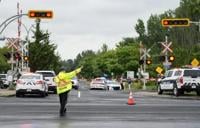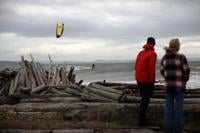MONTREAL - The Canadian Civil Liberties Association is hailing a Quebec Superior Court decision banning random police stops in the province and says other provinces should take similar steps without waiting for a court case.
The civil rights group, which intervened in the Quebec case, said Tuesday's ruling that random stops enable racial profiling is "monumental" and will lead to meaningful change.
ãOur hope is that Quebec will lead the way, that other jurisdictions across Canada will make the same move, hopefully without needing a challenge, and will eliminate the police power for arbitrary stops that have impacted racialized people,ã Noa Mendelsohn Aviv, the CCLAãs executive director and general counsel, told reporters Wednesday.
Mendelsohn Aviv said individual Canadian police chiefs could also make policies forbidding their officers from conducting arbitrary stops.
ãIt is not a requirement under any law, it is a power that they have that has a tremendously negative impact on young Black men, in particular, in certain parts of Canada, on Indigenous people, on other racialized people,ã she said.
Quebec Superior Court Justice Michel Yergeau found that a common law rule allowing police to stop motorists without suspicion of any offence being committed ãpaves the wayã to racial profiling. He said it violates three sections of the Charter: the right to life, liberty and security of person; protection against arbitrary detention; and the guarantee of equality under the law.
The lawsuit was brought by Joseph-Christopher Luamba, a 22-year-old Black Montrealer who said he had been stopped by Quebec police nearly a dozen times without reason. None of those stops resulted in a ticket.
The ruling overturns rules established in a 1990 Supreme Court decision that found random stops were the only way to determine whether drivers are properly licensed, whether a vehicle's seatbelts work and whether a driver is impaired.
The ruling, which also strikes down a section of Quebec's Highway Safety Code that relied on the common law power, does not affect structured police programs, such as roadside checkpoints aimed at stopping drunk drivers.
Yergeau suspended the application of the ruling for six months, to give police forces time to adapt.
Quebec Premier FranûÏois Legault told reporters in Quebec City that his government will analyze the decision before deciding whether to appeal. Legault added that measures are being put in place to fight racial profiling by police and that he has "total confidence" in the province's police officers.
Laura Berger, a lawyer for the CCLA, described the ruling as "extremely significant" because it directly challenged a police power, it involved three sections of the Charter and it overturned a precedent dating back 32 years.
Quebec's human rights commission also praised the decision, describing it Wednesday as a "major step forward in the fight against racial profiling."
The province's association of police chiefs said in a statement Wednesday that the article of Quebec's Highway Safety Code that was struck down is needed to ensure motorists respect the rules of the road.
A spokesperson for federal Justice Minister David Lametti declined comment, saying the department needs time to study the decision.
This report by üСÜꪤüýò¿Øéóæòêü was first published Oct. 26, 2022.

